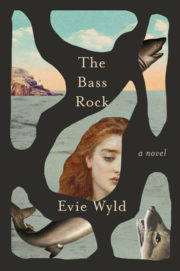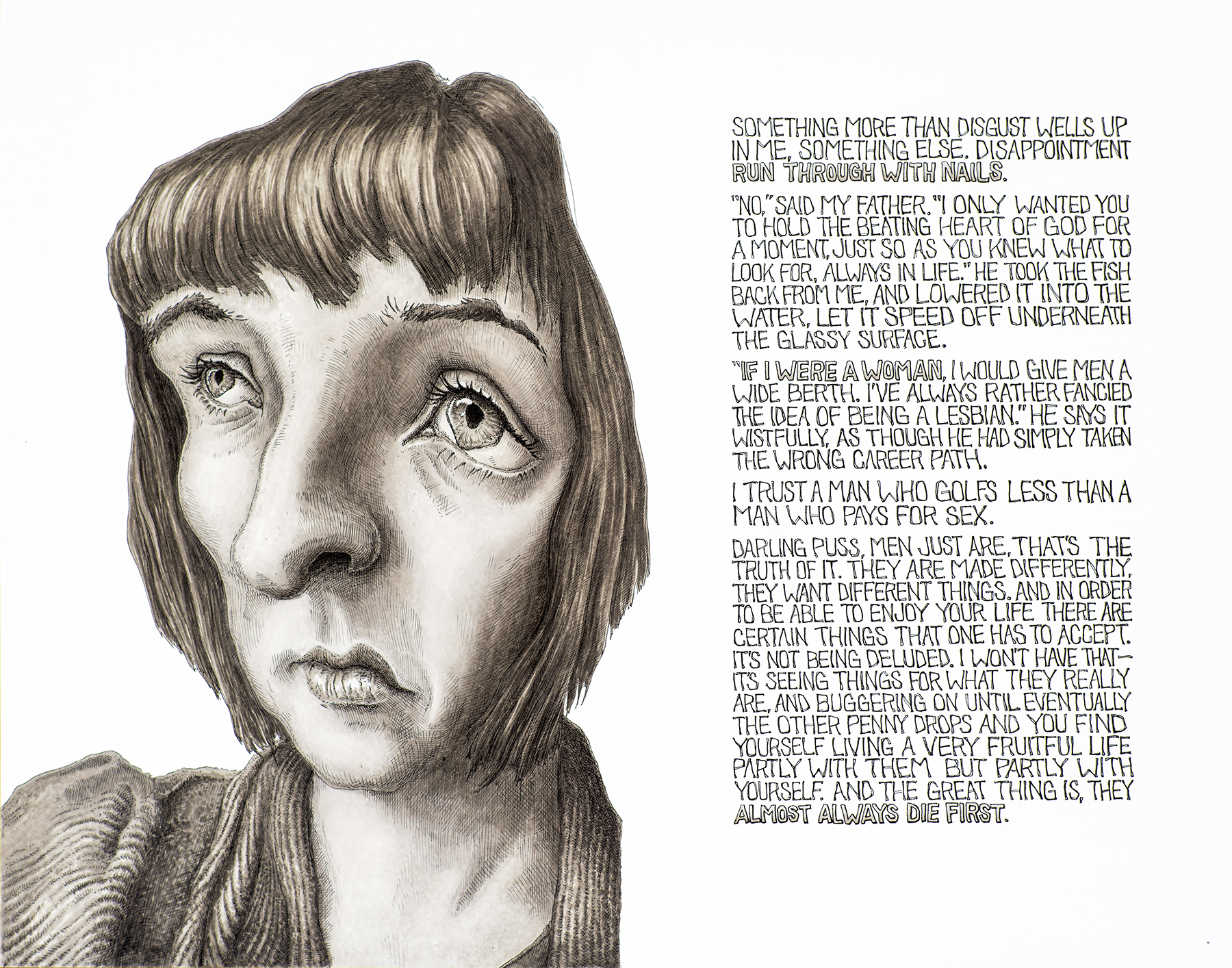 Evie Wyld
Evie Wyld
Pantheon ($27.95)
by Josh Steinbauer
Evie Wyld is an author and bookshop owner in London whose latest novel, The Bass Rock, follows three women on the coast of Scotland over the centuries. Sarah, accused of witchcraft, is on the lam in the 1700s. Ruth is a 1950s housewife, married to a widower and step-mother to his two sons. And in the present day, Viviane has travelled from London in the shadow of her father’s death, to prep the family home for sale.
The Bass Rock opens with the dead body of a woman on the beach, but this doesn't feel cliché so much as it feels like commentary on the “dead girl” trope itself. While the book isn’t a murder mystery, Wyld does well by setting the stage with a murder, creating an implied invitation for the reader to play detective as the novel cuts across three unraveling stories. There are very few intersections at first—a house connects two of them when it's revealed that Ruth is Viviane's step-grandmother, but their stories move along independently. The through-line isn’t the similarity of the women or their connection to this house, so much as the commonality of the men in their lives who are utterly failing them. In an interview, Wyld said: “It was really when #MeToo happened that I saw I was writing about the same thing. The same problem, just a slightly different shape, I suppose.”
What develops is a mugshot of male entitlement—violence, as observed by the three main characters, that hasn't changed much over the centuries. Wyld draws red threads of connection from misogyny in advertising to creeps in parking lots and from a date's gas-lighting to a husband's institutionalization of his wife. As minor condescension crescendos to major brutality, the book begins to question what is at the core of these failings. Wyld’s delving doesn’t only concern the effects of toxic masculinity on women, however. One of the most poignant passages depicts a father confronted with the abuse of his sons at a boarding school. As we realize that he is all too familiar with the abuse his sons are suffering, we sit with him in the moment of choice between rescuing (or even empathizing) with his children or resolving to ignore the abuse as simply part of what turns a boy into a man.

Art courtesy of the reviewer, one in a series of renditions of writers alongside their words featured on his Instagram (@joshsteinbauer).
Wyld's indictment of toxic masculinity is cut with humor, as if coping with it is an artform best practiced through sardonic observation and lancing wit—a kind of Sylvia Plath meets Fleabag. One of the most notable side characters is Maggie, a homeless sometimes-sex-worker whose give-no-fucks take on the patriarchy initially comes across as madness. Under scrutiny, though, she's simply the only one who feels free enough to say what they're all thinking. Maggie speaks in raw gems like, “I trust a man who golfs less than a man who pays for sex.”
The Bass Rock works particularly well as an audio book. The sweet nectar of Scottish accents shepherd the reader through stretches of danger and dread as they come full circle to the body on the beach. The great murder mystery is femicide itself. No one cracks the case, though Wyld’s women testify to the buried weight of patriarchy, with Bass Rock at the forefront of her symbolism—a small island where long ago a castle was built that over time became a prison.
